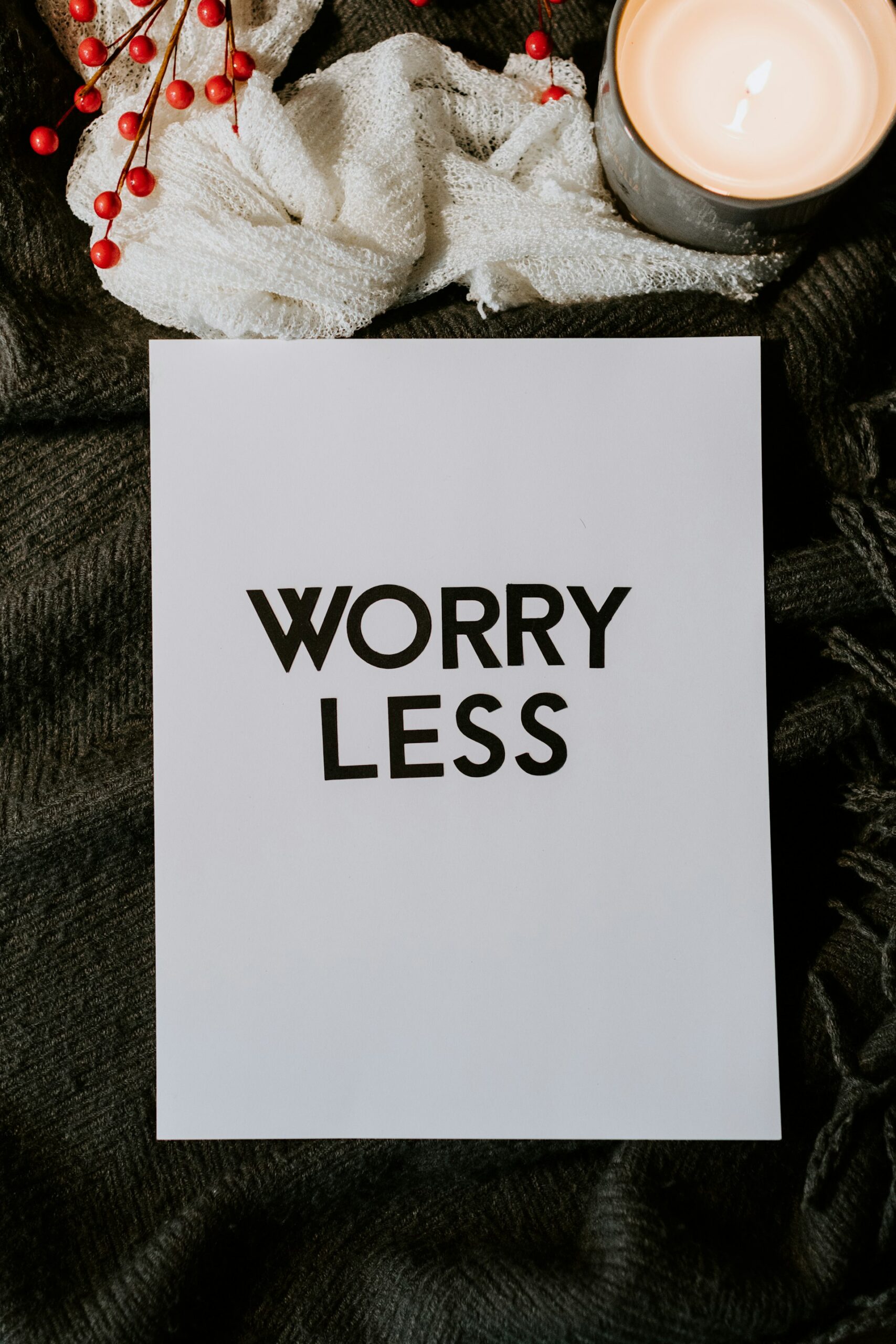Transform Your Mental Wellness Lifestyle Through Meditation: Practical Steps, Real Benefits, and Lasting Change

Photo by Artur Kornakov on Unsplash
Introduction: Building a Mental Wellness Lifestyle Through Meditation
In today’s fast-paced world, prioritizing mental wellness is essential for maintaining both physical and emotional health. Meditation stands out as a proven, accessible tool that can help individuals cultivate resilience, manage stress, and foster a balanced lifestyle. Backed by scientific research and endorsed by leading health organizations, meditation offers tangible benefits for those seeking sustainable mental well-being [5] . This article explores how meditation can become a cornerstone of your mental wellness lifestyle, with step-by-step guidance, practical examples, and alternative approaches to suit every preference.
The Science and Benefits of Meditation for Mental Wellness
Extensive research confirms that meditation can significantly reduce stress, help control anxiety, and support emotional health. Studies have shown that regular practice may also enhance self-awareness, lengthen attention span, and improve sleep quality [3] . According to a comprehensive review by Johns Hopkins University, mindful meditation helps ease psychological stresses such as anxiety, depression, and even physical symptoms related to chronic conditions [2] . The Mayo Clinic further highlights benefits including lowered blood pressure, improved creativity, and increased patience [4] . These effects are not limited to meditation sessions; they often extend throughout your day, leading to a calmer and more resilient outlook.
How Meditation Transforms Your Lifestyle
Integrating meditation into everyday routines can reshape your approach to stress, relationships, and self-care. Meditation teaches individuals to acknowledge anxious or stressful feelings without overreacting, promoting a sense of inner peace and clarity [1] . For those managing depression, meditation has been shown to break cycles of negative thought patterns by altering neural connectivity between the “me center” (medial prefrontal cortex) and the “fear center” (amygdala), helping users shift their focus from persistent worries to present-moment awareness [1] . This shift can lead to enhanced emotional stability, better coping skills, and a more optimistic perspective on life.
Types of Meditation and Choosing What Fits Your Needs
Meditation is not a one-size-fits-all practice. Common forms include mindfulness meditation, guided visualization, loving-kindness meditation, and transcendental meditation. Mindfulness meditation focuses on present-moment awareness through breathing or sensory observation, while guided visualization uses imagery to evoke positive emotions. Loving-kindness meditation fosters compassion for self and others, and transcendental meditation employs repeated phrases for deep relaxation [5] . To determine which type suits you best, consider your goals: those seeking anxiety relief may prefer mindfulness; individuals aiming for emotional healing could explore loving-kindness, and those wanting deep relaxation might try transcendental techniques. Begin with short, consistent sessions and gradually increase duration as comfort grows.
Step-by-Step Guide: Starting Your Meditation Practice
Starting a meditation routine is straightforward and requires minimal equipment. Follow these steps to launch your practice:
- Set Your Intention: Decide why you want to meditate-whether it’s stress reduction, emotional balance, or better sleep.
- Choose a Quiet Space: Find a calm, comfortable area free of distractions.
- Pick a Method: Begin with basic mindfulness meditation. Sit or lie comfortably, close your eyes, and focus on your breath.
- Start Small: Try meditating for 5-10 minutes daily. Use a timer or guided audio if needed.
- Observe Thoughts: When distractions arise, acknowledge them without judgment and gently return focus to your breath.
- Consistency is Key: Aim to practice at the same time each day to build a habit.
- Expand Gradually: As you grow more comfortable, increase session length or explore additional techniques.
If you prefer guided sessions, many reputable organizations offer free resources-seek out official health system websites or established meditation apps. Avoid using unverified sources, and always review the credentials of instructors or platforms before starting.
Real-World Examples: Meditation in Everyday Life
Consider the example of a busy professional who experiences high stress and poor sleep. By integrating a 10-minute mindfulness meditation into their morning routine, they report improved focus, reduced anxiety, and better sleep quality after several weeks. Similarly, individuals coping with chronic pain or depression may find meditation helpful as a complementary strategy to medical treatment, improving mood and resilience [3] . Many community centers and health organizations offer introductory meditation workshops; check with local hospitals or wellness clinics for verified programs.

Photo by Sam Bhattacharyya on Unsplash
Potential Challenges and Solutions
While meditation is highly accessible, some users encounter challenges such as restlessness, skepticism, or difficulty maintaining consistency. To overcome these barriers:
- Restlessness: Start with shorter sessions and use guided audio to maintain focus.
- Skepticism: Review scientific studies from recognized institutions to understand the evidence base.
- Consistency: Pair meditation with daily routines, such as after waking or before bedtime, to create a sustainable habit. Track progress with a journal or app.
If you experience any discomfort, consult your healthcare provider before continuing. Meditation is intended to supplement-not replace-medical or psychological treatment [4] .
Alternative Approaches for Mental Wellness
While meditation is a powerful tool, it is most effective when combined with other wellness strategies. Consider integrating:
- Physical Activity: Regular exercise complements meditation by reducing stress hormones and promoting endorphin release.
- Nutrition: A balanced, nutrient-rich diet supports brain health and emotional stability.
- Sleep Hygiene: Establishing a consistent sleep schedule enhances meditation’s benefits for rest and recovery.
- Social Connection: Building supportive relationships fosters resilience and emotional balance.
For personalized guidance, consult a licensed mental health professional or explore programs through reputable health organizations. For those seeking community support, local wellness centers often host group meditation sessions and workshops.
How to Access Meditation Resources and Support
To begin your meditation journey, you can:
- Search for “meditation classes near me” through official hospital or health system websites.
- Contact your primary care provider for recommendations on accredited programs or certified instructors.
- Explore meditation resources from recognized organizations such as the American Heart Association [5] and Mayo Clinic [4] .
- Download reputable meditation apps after verifying their credentials and privacy standards.
- Attend community workshops or support groups hosted by established wellness centers.
If you are unable to find verified online resources, ask your healthcare provider or local mental health association for guidance. Always ensure any program or instructor is accredited and recognized by authoritative health organizations.
Key Takeaways: Sustaining Your Mental Wellness Lifestyle
Adopting a meditation practice can fundamentally improve your mental wellness lifestyle by reducing stress, enhancing emotional stability, and fostering self-awareness. With numerous types and approaches, meditation is accessible to individuals of all backgrounds and experience levels. By combining meditation with other wellness strategies and seeking resources from verified organizations, you can build a resilient, balanced approach to mental health. Remember, consistency and openness to learning are essential-start small, be patient with yourself, and consult professionals when needed.
References
- [1] Christian Health (2024). Types of Meditation and Benefits for Mental Health.
- [2] Welia Health (2022). Meditation and Benefits for Our Mental Health.
- [3] Healthline (2023). 12 Science-Based Benefits of Meditation.
- [4] Mayo Clinic (2023). Meditation: A Simple, Fast Way to Reduce Stress.
- [5] American Heart Association (2024). Meditation to Boost Health and Well-Being.



